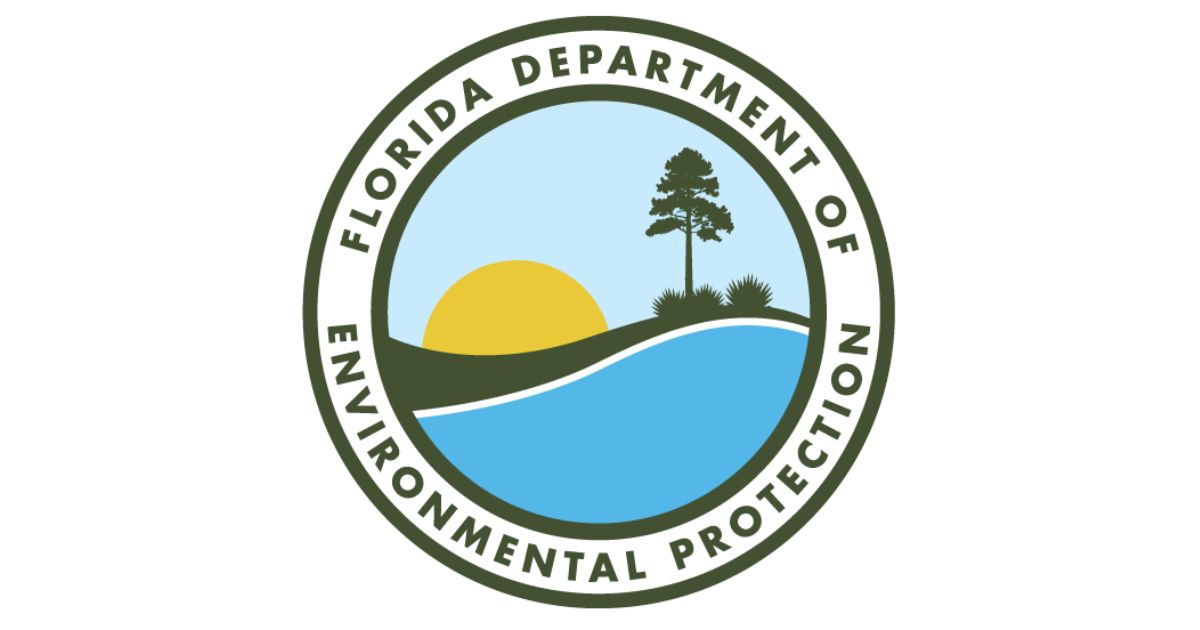The Florida Department of Environmental Protection (DEP) is the state’s lead agency for environmental management and stewardship—protecting our air, water, and land.
The vision of DEP is to create strong community partnerships, safeguard Florida’s natural resources and enhance its ecosystem.
The Work You Will Do:
As an OPS Environmental Specialist II in the Office of Resilience and Coastal Protection working at the Big Bend Seagrasses Aquatic Preserves, you will provide full-time support to maintain continuous stations to monitor total algae, fluorescent dissolved organic matter, hypoxia, salinity change, turbidity, and other parameters of emerging and/or local concern at 15-minute intervals within these aquatic preserves. You will assist with several other monitoring programs including but not limited to seagrass and macroalgae monitoring, hardbottom monitoring, marine debris removal, and other resource monitoring. This position is lab and field-oriented, concentrating primarily on water chemistry in the Big Bend Region. Persons applying for this position should be comfortable working in marine environments and inclement weather conditions.
The Difference You Will Make:
You will coordinate with internal and external partners to share data resources, expand monitoring networks, and avoid duplication. The data collection and long-term monitoring you will perform directly supports the management goals and objectives of the Big Bend Seagrasses Aquatic Preserves and its partners.
How You Will Grow:
DEP encourages its leaders to constantly innovate and seek efficiencies. We believe in supporting and encouraging you as you take on important and often complex projects while offering you the opportunity to gain valuable experience quickly.
Where You Will Work:
Crystal River—The Big Bend Seagrasses Aquatic Preserves’ office is located on the Crystal River in Citrus County, Florida. Crystal River is a modest-sized town that is self-proclaimed as the “Home of the Manatee.” St. Martins Marsh and Big Bend Seagrasses Aquatic Preserves are located in west central Florida on the coast of the Gulf of Mexico from Citrus County to Wakulla County. Together, the two Preserves span over 160 miles and encompass approximately one million acres. They provide habitat to sea and shore birds, shellfish including Cedar Key clams, oysters, scallops, pink shrimp, blue crab, sea turtles, sponges, coral, sport fish, dolphins, and the threatened Gulf sturgeon and Florida manatee. The Big Bend Seagrasses Aquatic Preserve is the largest and most pristine aquatic preserve in the state. In addition to the many leisure activities provided by living in a coastal area like Crystal River, Florida, residents pay no state income tax. The percentage of time required to travel the managed areas to perform mission critical duties is approximately 10-30% of the average working day.
Your Specific Responsibilities:
The best qualified candidate will possess the education, knowledge, skills, and abilities required to assist with continuous water quality monitoring stations to monitor total algae, fluorescent dissolved organic matter, hypoxia, salinity change, turbidity, and other parameters of emerging and/or local concern within St. Martins Marsh and Big Bend Seagrasses Aquatic Preserves. This candidate will also coordinate with partners and neighboring aquatic preserves to assist with regional resource monitoring programs and data collection. This is a lab and field-based position; snorkeling, diving, boating, and trailering is expected of this candidate as well as following lab safety procedures and standard operating procedures (SOP’s) for data collection.
Required Knowledge, Skills, and Abilities:
- Knowledge of estuarine and marine ecology and the dynamics of how those ecosystems function regarding the interaction of physical, chemical, and biological components
- Knowledge of the procedures, techniques and equipment used in a scientific laboratory
- Knowledge of field techniques involving the sampling of physical, chemical, and biological parameters
- Ability to read and follow written lab safety procedures and SOP’s
- Ability to use Microsoft Excel, R, RStudio, or other programming languages to manage and analyze large datasets and automate workflows
- Ability to snorkel and dive with a mask, snorkel, and fins
- Ability to bend, squat, lift and carry up to 50 lb., and climb in and out of trucks and vessels
- Ability to withstand extreme hot and cold weather, long field days, and biting insects
- Ability to learn and identify individual species of seagrasses, macroalgae, sponges, corals, and other common flora and fauna of Florida’s estuaries
- Ability to use a compound microscope for identification of microorganisms
- Ability to communicate effectively, both verbally and written
- Ability to work collaboratively with others to achieve a singular goal
- Skill and experience with public speaking to a wide and diverse audience
Minimum Qualifications:
- A bachelor’s degree from an accredited college or university with a major in one of the biological, aquatic, marine, or environmental sciences; or any combination of post-secondary education or verifiable related experience, as described above, for a total of four years
- The ability to swim and snorkel, sometimes in conditions with low visibility and strong currents
- An open water certification or higher awarded by a nationally or internationally recognized SCUBA diving institution and the ability to acquire DEP dive certification
- The ability to safely lift and carry items up to 50 lbs.
- A valid driver’s license
Preferred Qualifications:
- Experience working with YSI EXO data sonde platforms.
- Experience working with and analyzing large, environmental datasets such as water quality, seagrass communities, or other associated habitats.
- Experience with operating and trailering of boats.
The Benefits of Working for the State of Florida:
For a complete list of benefits, visit www.mybenefits.myflorida.com.
Pay:
The approved pay rate for this position is $20.00 per hour for 40 working hours per week.
Closing Date: February 12, 2024





